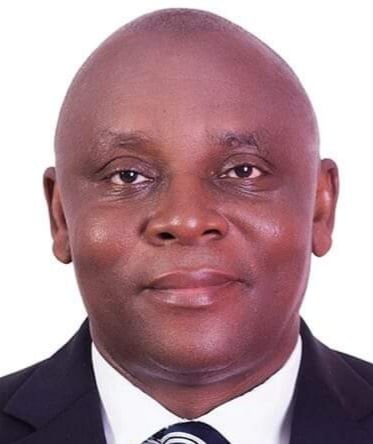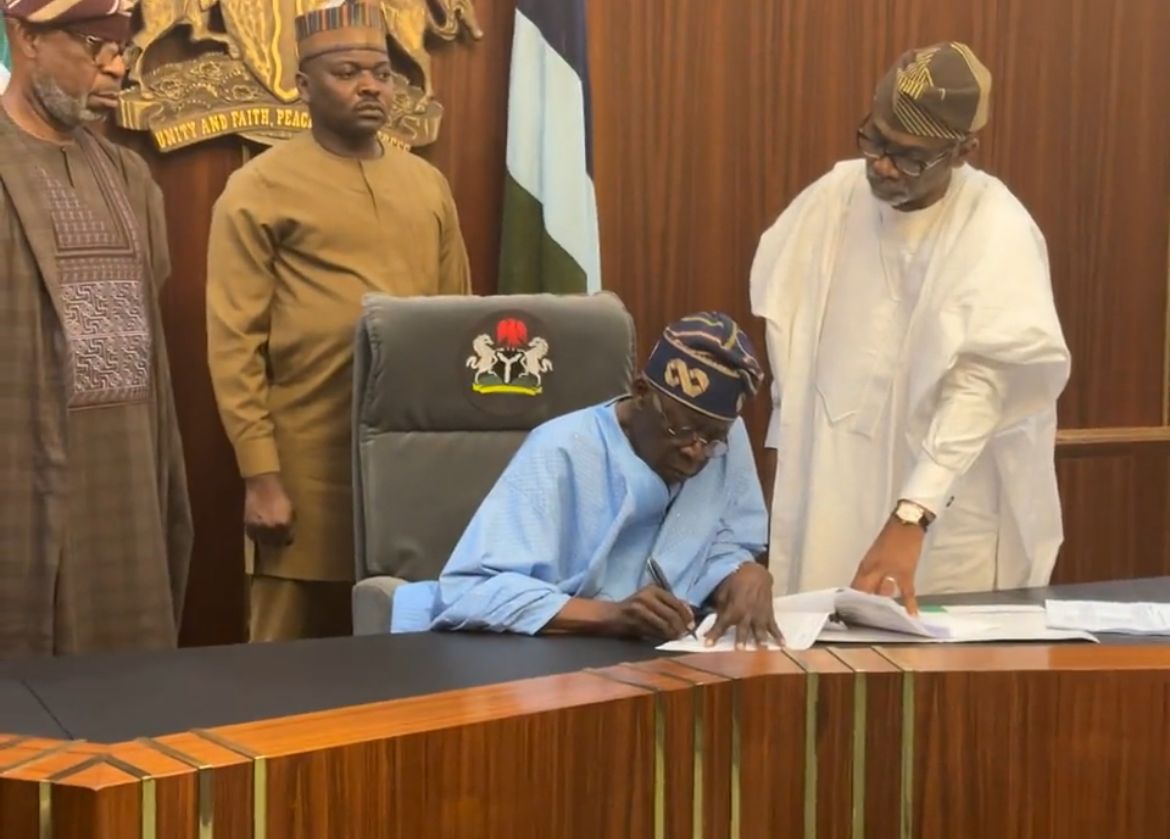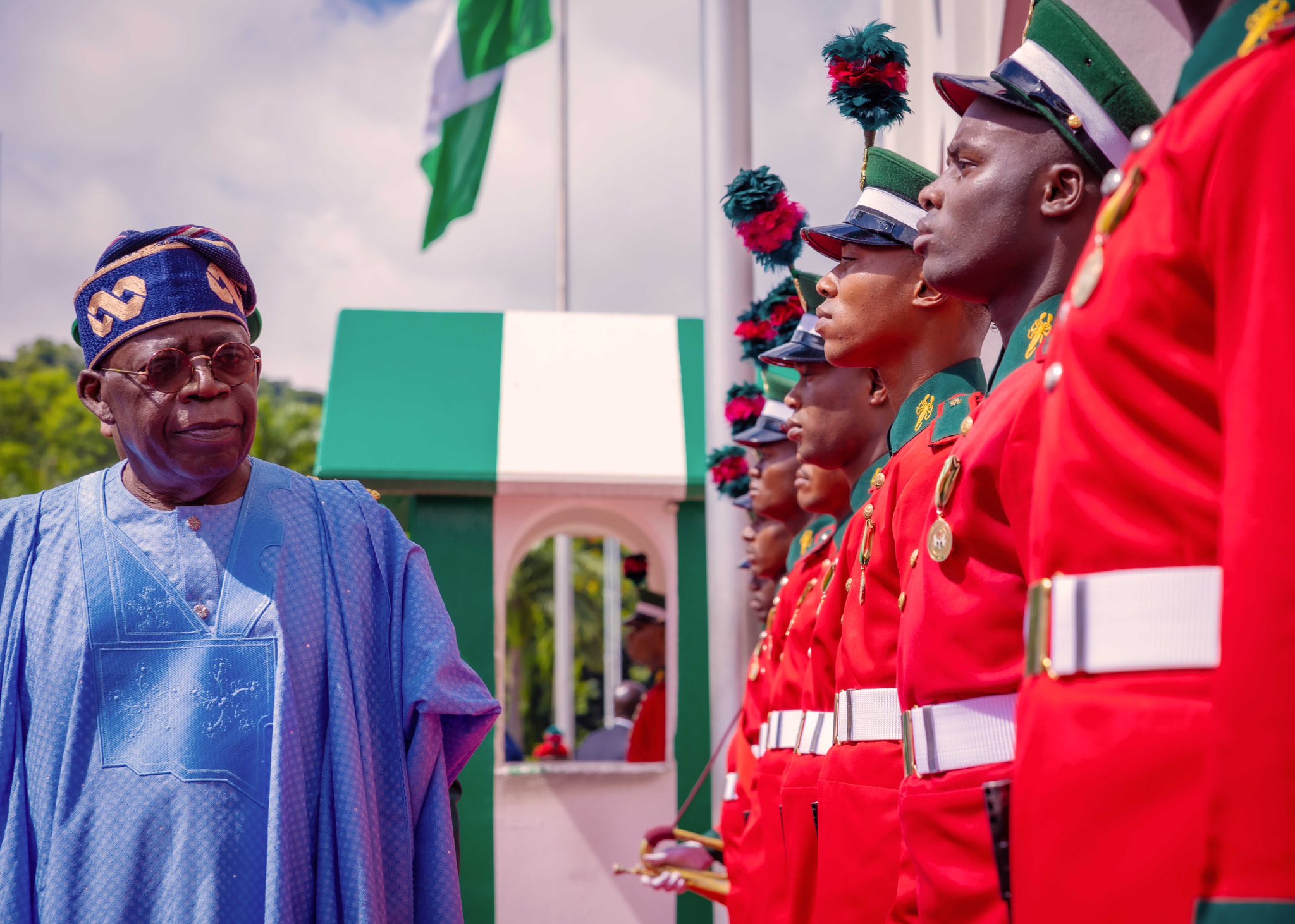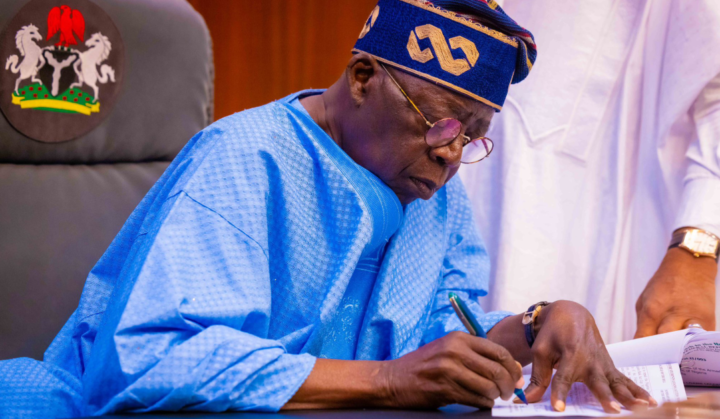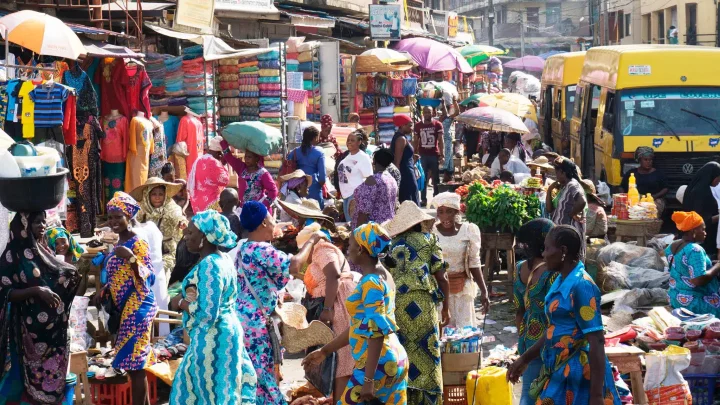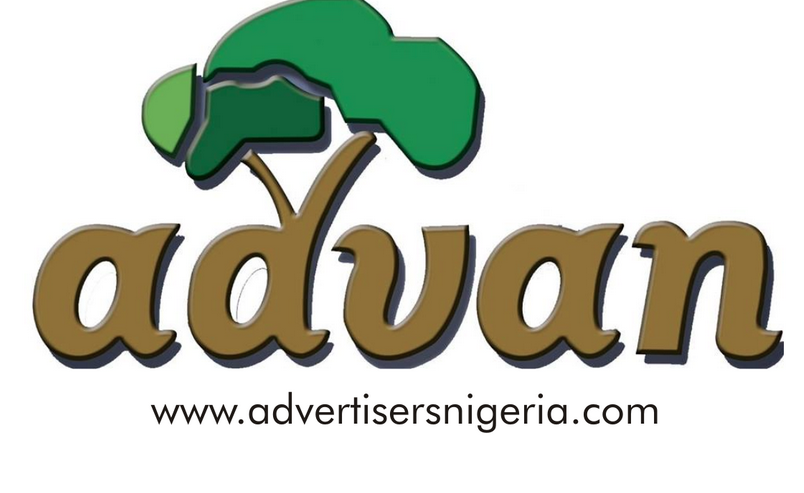The license for Wigwe University, founded by Dr Herbert Wigwe, the group chief executive of Access Corporation PLC, the holding company of Access Bank, is among the 37 licenses approved and issued by the National Universities Commission (NUC) on Friday, June 9, 2023.
With this, the dream of the university is formally realised, after years of conception, planning and hard work. Located in his hometown, Isiokpo, in Ikwerre LGA of Rivers state, and 10 minutes from Port Harcourt International Airport, the university occupies about a 300-hectare land space in the sub-urban community just 30 minutes from Owerri. With many of the facilities in the well-laid-out campus built, Wigwe University appears ready to receive its first set of students.
“Most of our buildings and facilities are ready or would soon be ready, and we expect to begin lectures in September 2024,” says Yvonne Victor-Olomu, the chief operating officer of the Herbert Onyewumbu Wigwe (HOW) Foundation, the university’s promoter. It is the second private university in the state but is expected to be the best in the country when fully completed.
Founded in 2016 as a non-profit organisation, the foundation is the special purpose vehicle through which Wigwe executes his numerous philanthropic activities. The HOW foundation focuses on education, youth empowerment through leadership and mentorship; and health. It recently adopted 25 primary healthcare centres in Rivers state, which is at least one in each LGA, to refurbish and rejig.
Advertisement
Every week, Wigwe flies down to PH and drives a short distance to the university campus. In May, he hosted the then-governor of Rivers State, Nyesom Wike, at the site to turn the sod for the construction of the senate building. As usual, the site was busy. Among the 1,000 workers currently on site, over 600 from the community are engaged as artisans, masons, workmen and all sorts of workers. “This number will increase to 2,000 by the end of June,” says Victor-Olomu. In various community stakeholder engagements, Wigwe has informed the community leaders and youth of the socio-economic development that the huge investment would bring to the community and enjoined them to guard it jealously.
I have leafed through a big hardcover photobook containing pictures of buildings on the massive campus. It would be one of the most beautifully landscaped and planned campuses in the world and would change the economic fortunes of the people for good. I am hoping to visit the place soon.
WU will offer courses in science; technology (AI, robotics programmes, etc); engineering; arts (creative arts and science-based art programmes such as gaming and computer creative, etc) and mathematics (STEAM); management and socialsciences at start and subsequently offer courses in medical sciences; medicine; law and post-graduate degrees. It will have linkage relationships with top foreign universities that would facilitate students’ exchange programs.
Advertisement
The thrust of the university is to create leaders and entrepreneurs who will, upon graduation, be focused on the creation of jobs, as opposed to job-seeking.
WU will also attract successful business leaders to its faculty. Think of Aliko Dangote, Michael Adenuga and Richard Branson as your lecturer. Although there are many universities in the country, they have not substantially filled the void that exists in the nation’s tertiary education. WU is therefore being deliberately and carefully designed to fill these gaps, some of which are outdated curriculum; poor funding; decrepit facilities and infrastructure; poorly paid and motivated workforce.
The motivation for establishing the university was principally borne out of Herbert Wigwe’s burning desire to give back to Nigeria, a country he loves passionately. “He realised that education and healthcare are two areas that his social interventions would make the greatest impact on Nigerians. For education, he chose to intervene in tertiary education which is facing many challenges such as graduates lacking requisite skills and basic practical experience and reflexes for employability, lacking entrepreneurial skills and harnessing innovative ideas,” says Victor-Olomu, a former oil and gas industry professional.
With the 37 newly licensed private universities, there are now 238 universities in the country, of which 147 are private, 43 federal government-owned and 48 state government-owned. But graduates from these institutions face prolonged periods of unemployment because the jobs have dried up and they were never equipped with entrepreneurial skills. Many, especially those in public universities, suffer disrupted academic programs due to incessant labour crises between the federal government and the labour unions in the universities, particularly ASUU and SSANU. While private universities don’t have disruptions, some are plagued by inadequate funding that stifles the dreams of their founders. These are a few of the landmines that WU will escape.
Advertisement
In designing the academic and non-academic programs at WU, Wigwe has hired academicians from top US universities and European institutions to work with experts from across the world, including Nigeria. Undoubtedly, the people of Isiokpo community are enthusiastic about the huge investment coming to their town. They know that a big university turns things around for the community where it’s located. See what Okada, Ota and even Ede have become. The Isiokpo community and The HOW Foundation are not taking things for granted. Their various stakeholder engagements will culminate in an MOU. This will provide a framework for mutual co-existence between the community and the university.
Apart from the University, some of the key programs of the HOW Foundation include a partnership with the Private Sector Health Alliance of Nigeria (PSHAN) in the Adopt-A-Primary-Health-Care Project, where the foundation has adopted 25 primary healthcare centres in Rivers state.
The healthcare centres will be revamped, rehabilitated both in human resources and facilities, upgraded for efficient service delivery, operated for five years by which time a world-class culture and quality of service would have been entrenched, and then returned to the state government. Its youth empowerment programmes entail training, sponsorship of mentorship and leadership seminars.
It has co-sponsored creative technology training programmes with Nigerian Technology Development Agency and Ascend Studios Foundation. It also co-sponsored the inaugural African Creative Market Summit and partners and co-sponsors the African International Film Festival.
Advertisement
Dr Herbert Wigwe is a well-known Nigerian banker and business leader. The third child of Pastor and Mrs Shyngle Wigwe, Herbert is guided by such values as hard work, compassion, kindness and honesty. His father was the DG of the Nigerian Television Authority (NTA), the federal government-owned broadcast network, in the 1980s.
Advertisement
Views expressed by contributors are strictly personal and not of TheCable.
Add a comment
